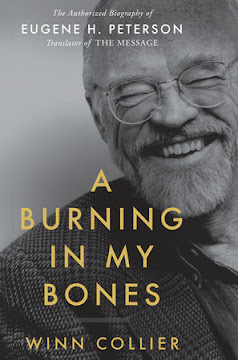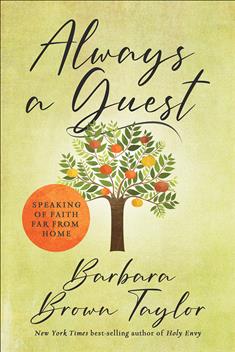AUTHOR: Heidi B. Neumark
PUBLISHER: Grand Rapids, MI: William B Eerdmans, 2020, (240 pages).
No matter where we go or what we read, one thing is for sure. The current President of the United States cuts a controversial figure. Just mentioning his name could easily stoke all kinds of emotions. It is common knowledge that Trump's rise to the top post in American politics is credited largely to the white evangelical support. If Trump is truly Christian, and if his support base is what they claim to be, surely, our society would be better off from a biblical standpoint, right? Hard to say. In fact, it could be worse. In this no-holds-barred critique of the POTUS, and how the age of Trump is making society worse, author and pastor Heidi Neumark speaks out boldly against the ills of power politics. She talks about how the age of Trump resembles the age of Herod in terms of fear instilled by the powers on common citizens. In a sharp rebuke of one of Trump's most controversial policies, she writes: "Jesus welcomes children and Trump locks them in cages." This was with reference to the forced removal of children from their parents during the "zero tolerance" immigration policy in 2018. Neumark was appalled at the arrogance of Trump who boasted about himself being a "great Christian." This boasts happen even as many low-income people suffer with livelihood issues. Big businesses are preferred to small time shops. Trump's "great relationship with the blacks" is contrasted with his apparent refusal to distance himself from white supremacy groups. With a whole list of dissatisfaction with the current POTUS, Neumark critiques his policies (and his tweets!) from the perspectives of the vulnerable and marginalized groups in America. Fortunately, this is not the only thing she does. At the end of each chapter, she offers up a plea to be heard, and for the disenfranchised to be heard. People need a sanctuary from all the injustice and hurts happening around society at large. Even if problems have no immediate solution, at least show some empathy and understanding.





